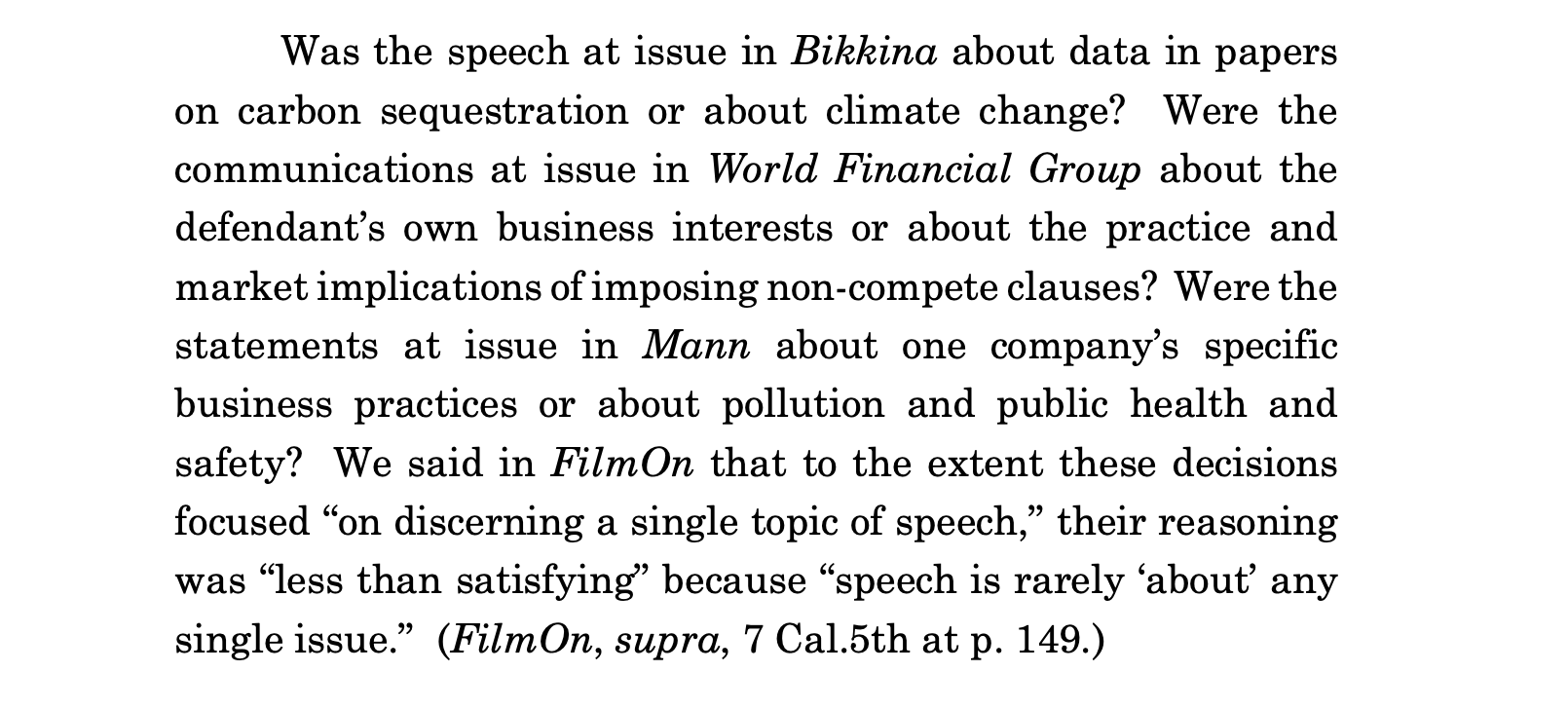Today the state of Idaho settled Doe v. Wasden, a lawsuit my office brought with the ACLU of Idaho and Boise-firm Nevins Benjamin & McKay, challenging enforcement of the state’s “Crime Against Nature” law. The state required three men to register as sex offenders in Idaho for engaging in consensual oral and anal sex. The state’s enforcement of the law has historically been used to condemn and punish LGBGT+ people.
The settlement, finalized today, requires the state to remove the three men from the Idaho Sex Offender Registry and to create a policy for removing other individuals who may have similar claims.
Last year, a federal judge ruled that the registration requirement was likely unconstitutional and required the state to remove two of the three men from the registry. Judge Winmill wrote that the public interest tips in these men’s favor and “[t]he State can have no legitimate interest in requiring [the plaintiffs] to register as sex offenders for engaging in private, consensual sexual acts.” After that ruling, the state of Idaho appealed. In oral argument, the Ninth Circuit Court of Appeals strongly suggested Idaho settle the case.
“As Judge Winmill ruled last year, our clients have demonstrated irreparable harm: the State of Idaho has ruined their lives by labeling them as ‘sex offenders’ for engaging in consensual sex. Where our clients live, work, and travel have been restricted; they have lost jobs and family connections. The state settled this case because they knew we would ultimately prevail after our win in federal court last year; there was no reason to drag on a losing battle that would cost taxpayers even more money defending unconstitutional laws.” said Aadika Singh, ACLU of Idaho legal director, representing plaintiffs.
Last July, Michigan Law school professor J.J. Scott issued a report as a part of expert testimony which found that sex offender registration and notification laws “do not serve their purpose of lowering the risk of recidivism, reducing the number of total sex offenses or making communities safer.” The report concluded, “existing evidence suggests that it is likely that, far from reducing sex offense recidivism, Idaho’s notification law is actively increasing the total number of sex offenses each year in the state.”
“It is shocking that as late as 2022, Idaho was still putting people convicted of having oral or anal sex on the sex offender registry,” said Matthew Strugar. “This settlement provides a remedy not just for our two clients, but also for a third man who has also been a victim of this decades-long, state-sanctioned homophobia.”
“Our clients and other Idahoans have been unfairly required under threat of incarceration to register as sex offenders and this settlement changes that,” said Debra Groberg of Nevin Benjamin & McKay, one of the attorneys representing the plaintiffs. “While justice delayed is usually justice denied, this lawsuit prompted the repeal last year of Idaho’s unconstitutional Crime Against Nature law and ensures that others in the future will not have to endure the same discriminatory punishment.”
In 2003, the U.S. Supreme Court decision in Lawrence v. Texas found that anti-sodomy laws, including Idaho’s Crimes Against Nature statute, violate constitutional protections under the Fourteenth Amendment. Despite this, Idaho was one of three states that continued to enforce its anti-sodomy Crime Against Nature law by requiring people with convictions to register as sex offenders. From 1955 to 1957, Idaho’s Crime Against Nature statute was the primary legal tool for the “The Boys of Boise” affair—one of the most virulent anti-gay witch hunts in American history. Idaho’s Crimes Against Nature Statute remains virtually unchanged since its inception in Idaho’s territorial days. The ACLU’s lawsuit finally puts an end to this unconstitutional legal regime, said Aadika Singh, ACLU of Idaho legal director, and an attorney for the plaintiffs.
“We are glad to have another victory for LGBTQ+ equality in Idaho, following on the heels of our settlement with the City of Boise, which fired our client Jax Perez for sharing their LGBTQ+ identity at work. These cases should not have to be litigated but, unfortunately, given the anti-LGBTQ+ sentiment of the Idaho legislature and some communities—even the most progressive ones—we are bracing for even more attacks on minority communities in Idaho. But we’ll be here, as we always have been, fighting for people,” said Aadika Singh, ACLU of Idaho legal director.
This is the third victory for my office in these types of cases. In 2018, my office secured removed for 28 women who were on Mississippi’s sex offender registry after being found guilty of having had oral or anal sex, and earlier this year we secured removal from South Carolina’s sex offender registry for men convicted of South Carolina’s ban on gay sex (known as “Buggery).
.







